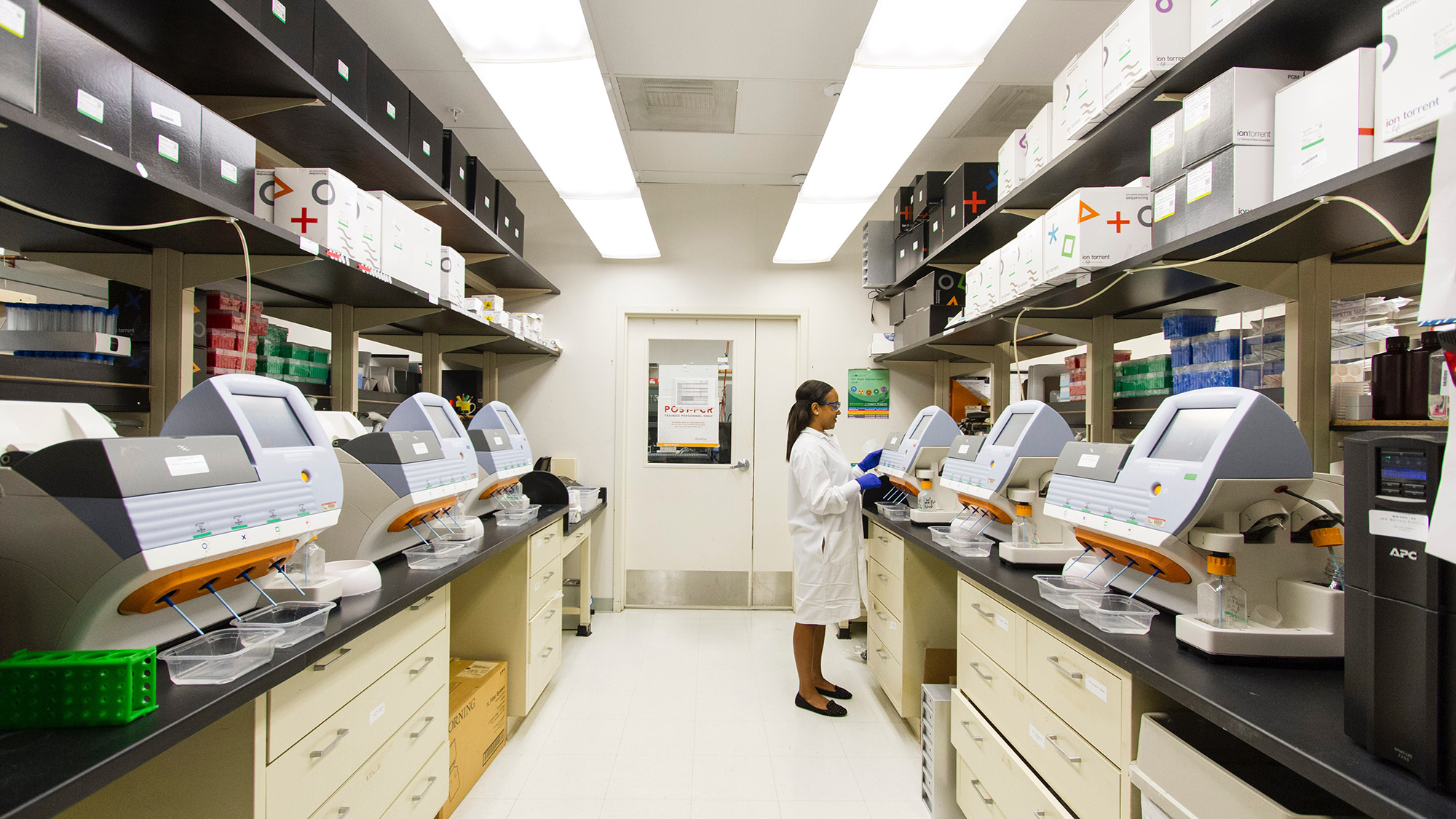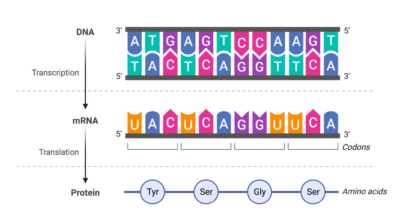In order to make our cells work properly, we need many enzymes. Poly (ADP-ribose) polymerase (PARP) is a family of enzymes involved in some cellular processes such as DNA repair. Since this family has key functions in cell division, scientists have designed PARP inhibitors, which are considered a potential treatment for cancer.
Recently, researchers at the Hospital del Mar Medical Research Institute (IMIM) have proved that specific PARP-1 or PARP-2 deficiency — PARP family members — in T lymphocytes results in better antitumor response. On the other hand, they found a worse antitumour response when there was a double deficiency of PARP-1 and PARP-2 in T lymphocytes.
“All current PARP inhibitor drugs act in the same way against both proteins, PARP-1 and PARP-2. However, our results show that it would be very important to develop more selective drugs in order to specifically inhibit PARP-1 or PARP-2, thus achieving a better response against the tumor”, concludes José Yelamos, research group coordinator at IMIM and leader of the study.
Moreno-Lama L, Galindo-Camps MA, Martínez C, Comerma L, Vazquez I, Vernet-Tomas M, Ampurdanés C, Lutfi N, Martin-Cavaller J, Dantzer F, Quintela-Fandino M, Ali SO, Jimeno J, Yélamos J. Coordinated signals from PARP-1 and PARP-2 are required to Establish a Proper T cell immune response to breast Tumors in mice. Oncogene. 2020 Jan 30. doi: 10.1038 / s41388-020-1175-x. [Epub ahead of print]






